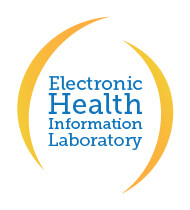Synthetic data generation (SDG) holds great promise for privacy-preserving data sharing, especially in sensitive domains like healthcare. With its growing use across sectors and applications, good practice for privacy evaluation has become essential to maintain trust and uphold ethical standards. However, the range of privacy metrics applied in the literature often fail to communicate the assumptions that underlie them. We’ve identified strengths and gaps through a critical analysis of existing metrics and developed consensus-based best practices.
On September 17, 2025, Lisa Pilgram presented the developed consensus framework for privacy evaluation in synthetic data. The framework, as outlined in this recently published Patterns article, provides concrete recommendations for evaluating membership and attribute disclosure vulnerability – both of which are relevant to understanding privacy in synthetic data. Lisa also discusses challenges in measuring identity disclosure, highlighted the misleading nature of some metrics that lack clear interpretability and presented relevant directions for future research in this field.
SPEAKER BIO:
Dr. Lisa Pilgram is a clinician scientist and currently a Postdoctoral Fellow at EHIL. Her research interests involve sharing of healthcare-related data, with a particular focus in privacy-enhancing technologies. She has previously worked on anonymization (de-identification) and is now exploring the potential of synthetic data in this field. Lisa’s clinical expertise lies in internal medicine - nephrology.
